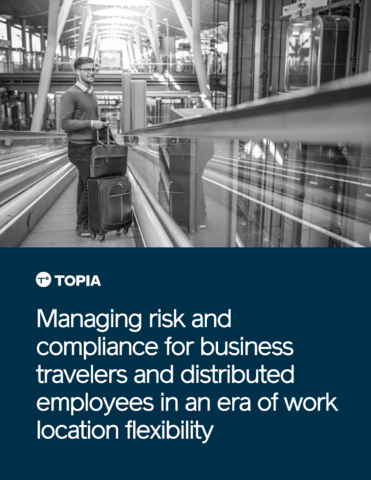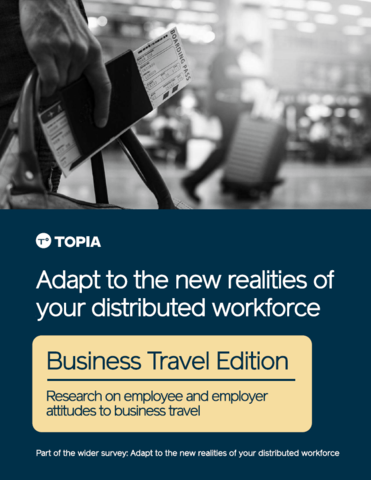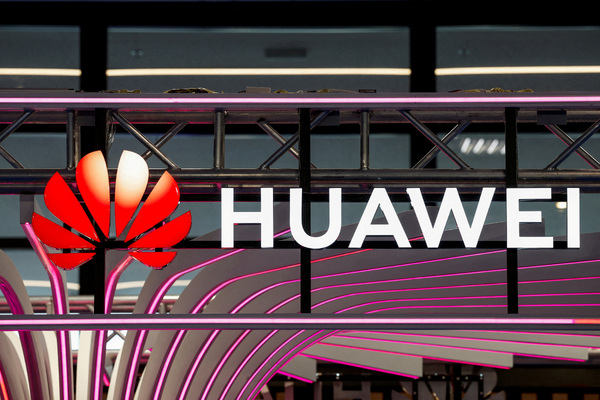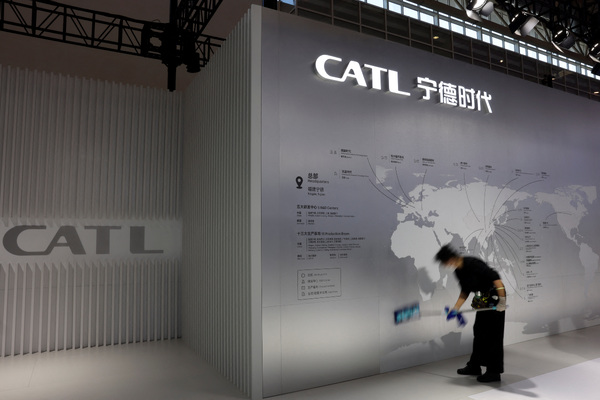DigitalTransformationTalk: Making hybrid working a long-term success
On 27 February 2024, Digital Transformation host Kevin Crane was joined by
Rafael Narezzi, Chief Technology Officer, CF Partners; Mark Challis, IT Operations and Security Manager, EIP; and Eamon O’Doherty, Portfolio Director, Logitech.
Views on news
Deutsche Bank is the latest company to make the news for toughening its work-from-home policies, but these headlines are becoming the norm versus the exception. To overcome the gap between knowing and doing, leaders will need to let go of the mindsets, operating constructs, and proxies of the past. Many companies seem to be defaulting to return-to-office policies that make little to no sense given the data linking remote and hybrid work to productivity. Employees need to be incentivised with experiences in the office to make showing up worthwhile. Moreover, companies that aim to attract GenZ workforce need to be particularly open about remote work. In the years during and following the pandemic, workers have proved that hybrid work is viable and efficient. Businesses, however, must ensure that the lack of technology deployments doesn’t stand in the way of efficient and collaborative hybrid work.
Technologies required for productive hybrid work
Many business leaders have already worked on the road and in a hybrid working arrangement for decades. Apart from high-standard audio and video connections, meeting equity is a fundamental requirement, as colleagues that join the meeting from home won’t have the same experience as those sitting in the office around a table. To put them on an equal footing, multiple cameras and unified communication tools must be installed. In order to engage those joining from home, it’s key that everyone switches on their cameras. To ensure this, clear and comprehensive communication guidelines need to be established, as well covering the frequency of video meetings and the quality standards of microphones and video cameras.
However, managing international teams across several borders IS challenging. Although trust between managers and the workforce is essential, there must be KPIs too to measure the performance of those working from home. Double employment, where the two employers aren’t aware of each other’s existence is also a fact of life.
The keep up with the changing world of work, top management must find new ways of measuring productivity. Objectives and key results (OKRs) are a good way of measuring the performance of remote workers. Remote workers’ isolation is another problem that must be tackled. Remote events are one way of going about it, which worked especially well during the pandemic. Even if some colleagues work from home, they must feel they are part of the team. Employees also may need some support to be able to draw the boundaries between work and their private lives. From many respects, that leaders should be in favour of hybrid and remote work is a no-brainer – they can save money on office space and end up having happier workers. But no one size fits all the companies. Vacant headquarters are probably one of the main reasons why leaders want their workforce back in the office.
Hybrid work has its sustainability implications too. Hybrid work can be combined with hot desking leading to significant energy savings, especially a smart heating system is also installed. For procurement, it should be a main criteria that the IT hardware they buy has good energy and sustainability ratings, while extended warranties can give hardware an extra lifespan. ISO 14001 is the standard to look out for when trying to find a sustainability conscious vendor. In terms of sustainability, many small measures really add up ranging from how power is sourced, how much of office plastic is recycled, to monitoring the second life of products, having trade-in schemes in place to optimised circuit boards and power efficient batteries. Even traditionally paper-based sectors such as legal firms are getting digitised now.
The panel’s advice
- Your company’s value must extend beyond your HQ.
- Trust between the workforce and their bosses comes with results.
- Hybrid work allows for unusual venues where colleagues can engage with each other such as hotels, gyms or other facilities. Be creative about the venues where hybrid work can take place.
- Make the most of the different channels of communication that a unified platform can offer and make sure your workforce is well-trained to use them.
- Find new ways of enhancing the work experience of your people wherever they work from.

Business Reporter Team
Related Articles
Most Viewed
23-29 Hendon Lane, London, N3 1RT
23-29 Hendon Lane, London, N3 1RT
020 8349 4363
© 2024, Lyonsdown Limited. Business Reporter® is a registered trademark of Lyonsdown Ltd. VAT registration number: 830519543
Join the Business Reporter community today and get access to all our newsletters, and our full library of talk show episodes
Join the Business Reporter community today and get access to all our newsletters, and our full library of talk show episodes





